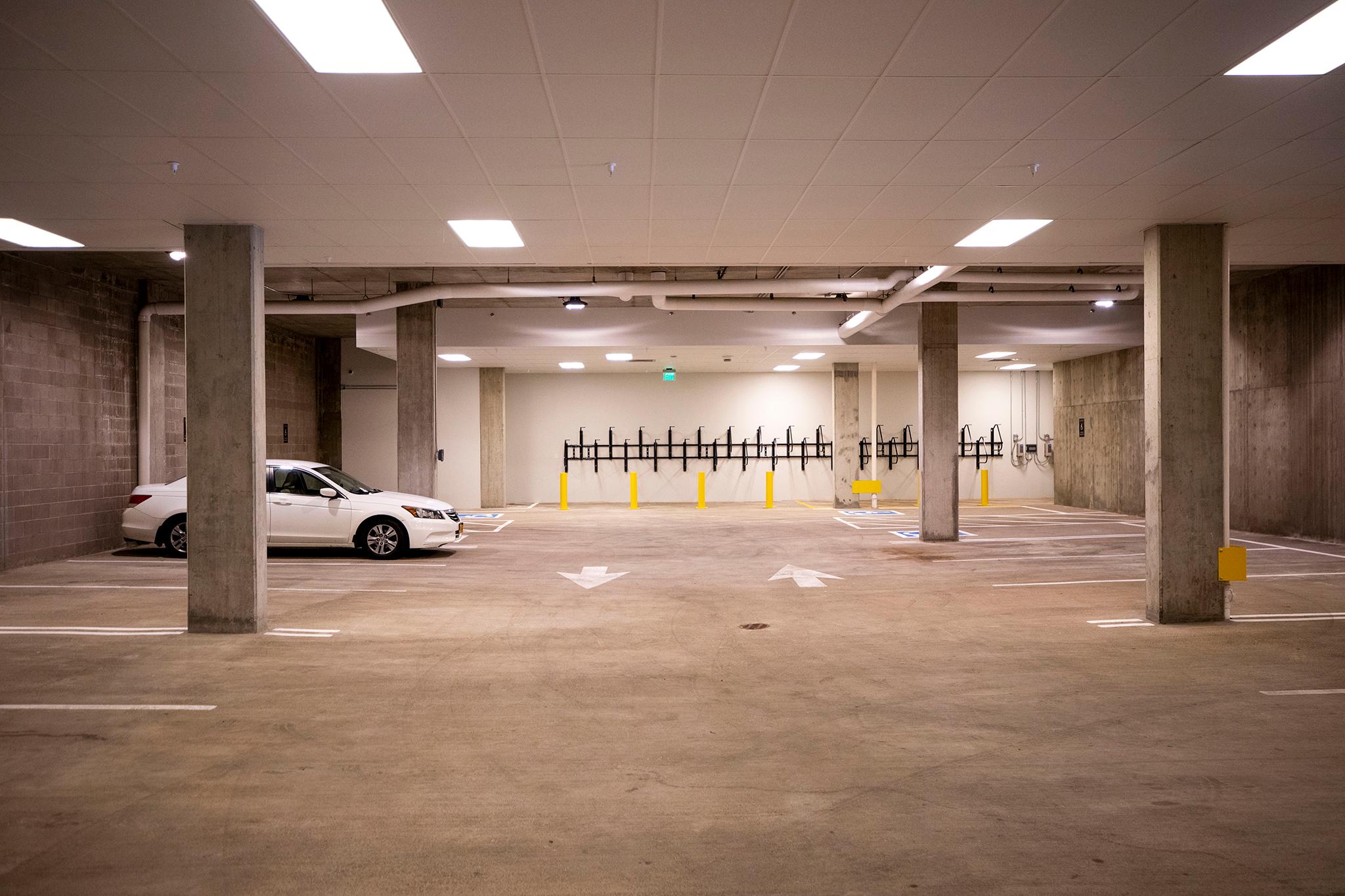Denver City Council approved a measure Monday to abolish parking minimums across the city, allowing developers to build new housing and business complexes without including parking spaces for residents.
Under previous rules, developers had to build a minimum number of parking spots for most new construction. That number depended on an area’s zoning and the type of development.
The change is meant to allow more housing development and shift the city away from its reliance on cars, but opponents argued the city doesn’t have enough transit service to support the shift.
Under the previous law, most new apartments had to have one parking spot per unit. Restaurants required four spots per 1,000 square feet of indoor space. Single-family homes, accessory dwelling units and all downtown buildings were exempt from those rules.
Now, with the council’s vote, those rules will be abolished on August 11.
Other cities that have abolished parking minimums saw more housing and walkability.
The change “supports walkable neighborhoods and encourages active transportation. It can also lower the cost of construction and allow for more housing units, as well as more affordable housing and finally, in uniformity of district regulations and restrictions,” said Fritz Clauson, a Denver city planner.
This doesn’t mean parking spots will disappear entirely from new housing developments. Developers can now choose to build as little or as much parking as they please. In downtown, where parking minimums do not exist, several recent developments have still included parking spots.
The law builds on a recent state law that prevents cities from enforcing parking minimums in certain areas near transit lines starting this summer. But Denver’s new law goes further, eliminating parking requirements entirely across the city.
City planners pointed to other major cities in the United States that have abolished parking minimums, like Austin and Minneapolis. They found that those changes led to reduced development costs, more housing units and improved walkability and transit options for residents living in densely populated neighborhoods.
Council members passed the law on a 9-3 vote, with members Stacie Gilmore, Amanda Sawyer and Kevin Flynn opposing the change. Councilmember Paul Kashmann had to leave the meeting — which went until midnight — before the vote.
Most people who voiced their opinion were in favor, but some leaders say the city isn’t ready.
Prior to Monday’s vote, city staff solicited feedback about potentially abolishing parking minimums.
Survey results showed that among 300 respondents, 78 percent supported the change.
Opponents of the measure said it would limit space in congested neighborhoods.
About 30 speakers at Monday night’s public hearing unanimously supported the change. But the debate continued Monday among council members. Sawyer and Flynn voiced their opposition to the proposal, arguing that Denver’s infrastructure isn’t ready for people to move away from cars.
“If we want to reduce single-occupancy vehicle trips, which we do, the best thing we can do is put pressure on RTD to get it together, because they have to start providing clean, safe and reliable transit to our community, so that we have the option of getting out of our cars,” Sawyer said.
She would have preferred the city set upper limits on how much parking can be built, rather than taking away requirements.
At-large Councilmember Sarah Parady, who co-sponsored the amendment, said she was happy to make the change.
“What I learned is that parking minimums are, they're rigid, they're unduly bureaucratic,” she said. “They're a time suck for the very scarce and precious resource that is our city planners.”
Parady said that she was interested in taking another step, too: setting “parking maximums” that limit how much parking developers can build.












